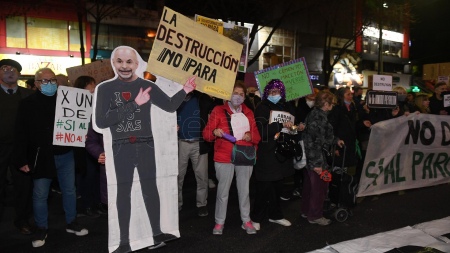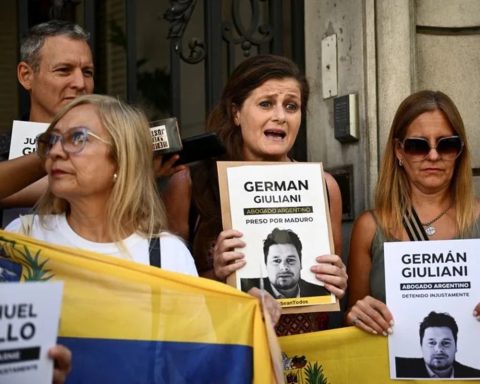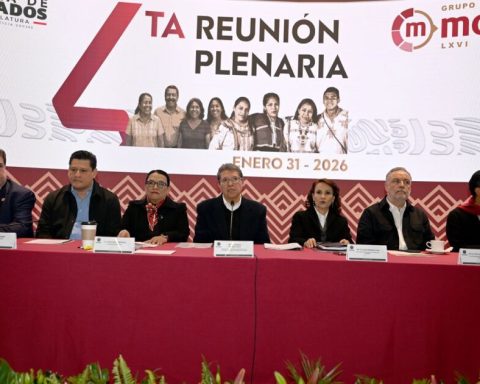January 5, 2023, 10:45 PM
January 5, 2023, 10:45 PM
The full room of Supreme Electoral Tribunal (TSE) The electoral year will begin tomorrow in a management whose main ingredient is the election of the high authorities of the Judicial Branch. However, a possible justice reform is being debated that could modify the designation of the authorities of the judiciary.
“The Supreme Electoral Tribunal (TSE) will provide its 2022 Management and Public Accountability Report, will present the 2023 Work Plan and will celebrate the inauguration of the electoral year this Friday, January 6,” says part of the press release issued by the electoral body.
In 2023, judicial elections are scheduled for the renewal of judicial authorities after the current ones fulfill their mandate.
The last judicial election was held in December 2017. The elected positions were sworn in on December 20 of that year. ANDThe mandate of the current authorities would expire on December 20 of this year, according to the Law of the Judicial Branch. The same law stipulates a term of office for a period of six years without the possibility of re-election.
For the protocol act It is customary to invite the main authorities of the country, in addition to diplomatic delegations and organizations linked to electoral processes.
At this time, there is a commission of independent lawyers that promote judicial reform. The collection of signatures for the referendum proposed by the lawyers was to begin on January 3.
There is strong criticism towards the instances of the Government and the form of pre-selection of the candidates for magistrates, because they consider that in the two elections that took place only aspirants related to the government party were brought to the polls. In both processes, electoral absenteeism was notorious.
Observations to the current judicial system also They were carried out from international bodies. The reports reveal the high interference of political power in the Judicial Branch.
However, the Minister of Justice, Iván Lima, said that the observations only point to the form of pre-selection of the judges and not to the party courts.

















